Of the Fenugreek is a medicinal plant with positive effects on various clinical pictures. In Germany it is primarily used against loss of appetite or skin complaints. Folk medicine and international research know other areas of application.
Occurrence and cultivation of fenugreek

Of the Fenugreek is an annual plant and belongs to the butterfly family. It originally comes from the Middle East. The ancient Egyptians used it as a medicinal plant. In Europe it was widespread in the medieval monastery gardens. Hildegard von Bingen already describes its effect on skin diseases. Today the main growing areas in Morocco are in India. However, the plant is also widespread as a cultivated plant in the Mediterranean region.
Wild forms grow in North Africa, in the Mediterranean area but also in southern Germany. The plant prefers loamy soils and a sunny location. While the wild forms reach a stature height of 30 to 60 centimeters, the cultivated forms reach a height of around 60 centimeters. The stem grows upright and is branched. The clover-like leaves are on the branches. The middle of the three leaves is slightly longer than the two outer leaves. The flowers are light yellow to white and are located in the leaf axils. Bees and bumblebees like to visit them.
The 7 to 12 centimeter long legumes develop from the flowers, whose shape, reminiscent of the horn of a goat, gives the plant its German name. Each pod contains 10 to 20 seeds that are used in medicine. In addition to medicine, the seeds are also used in cooking as a condiment. Among other things, they are the main ingredient of curry powder.
Effect & application
Like many other medicinal plants, fenugreek lost its importance with the development of modern medicine. It is primarily used today in folk medicine, even if many of the traditional areas of application have been forgotten. The seeds can be used both internally and externally thanks to their ingredients, such as mucilage, saponin or iron.
The internal use for loss of appetite is recognized as a medicinal product today. These are mostly just a symptom of underlying diseases, but the seeds have a positive effect on them. Positive effects have been described for underlying gastrointestinal or psychological complaints as well as for age-related loss of appetite.
The traditional application also knows other areas. A cough tea made from fenugreek was and is often used in China to this day. The reason for this effect is probably the mucilage it contains, which has a calming effect on inflamed mucous membranes. This effect can also be used for further irritations of the mucous membranes, such as irritations of the gastrointestinal tract.
Because of its blood sugar-lowering effect, fenugreek can be used to supplement the treatment of type II diabetes. A cholesterol-lowering effect has also been reported, which justifies its use in the event of a slightly elevated cholesterol level. These results are not based solely on observations, but are supported by scientific experiments. Because fenugreek promotes milk production by the mammary glands, it is often found in breastfeeding teas.
10 grams of the seeds are said to reduce blood alcohol levels by 50 percent. However, one should not rely on this information, especially since the dosage is far above the maximum recommended daily dose of 6 grams. However, it has been proven to have a positive influence on liver activity, which in turn also leads to an increased breakdown of alcohol in the body.
A study published in 2014 also shows positive effects in Parkinson's patients. The researchers suspect that the ingredients delay nerve damage. In animal experiments, positive effects have also been observed in certain types of cancer. In addition to the internal applications described, fenugreek can also be used externally for skin diseases.
First of all, the medicinally recognized effect on inflammatory skin diseases should be mentioned here. In the case of eczema, treatment with compresses has also been reported to improve the appearance of the skin. In the case of hemorrhoids, the seeds have already been used successfully as a hip bath. Due to the germicidal effect of the seeds, the treatment of purulent wounds with poultices can prevent blood poisoning. The treatment with fenugreek should also ripen boils faster.
An effect that is often described but not scientifically proven is the prevention of hair loss through a poultice with fenugreek powder dissolved in olive oil. A little known form of application are the germinated seeds. Due to their blood-purifying and invigorating effect, these can be used to prevent infectious diseases, especially in the cold season.
Various preparations are available for the various areas of application. In addition to the dried whole, crushed or ground seeds, capsules or ready-made preparations for envelopes are also available.
Importance for health, treatment & prevention
As already described, with the development of modern medicine, the importance of medicinal plants and thus that of fenugreek declined. The modes of action were forgotten in this country. Complaints can be combated with this medicinal herb with relatively no side effects. Because of the minor side effects, such as stomach upset when used internally or skin irritation when used externally, it is worth trying it yourself. If the symptoms do not improve after a while or if there is a more serious illness, a doctor should be consulted.
The seeds offered as condiments sometimes contain less medicinally effective components than those offered as medicinal products. Nevertheless, they can also have a preventive health benefit as an improvement in the taste of the food. Due to its effectiveness against various ailments, which has been increasingly proven in studies, an increase in the importance of fenugreek as a remedy is to be expected.

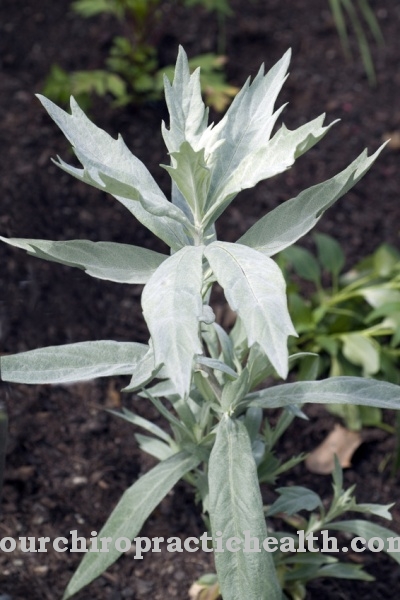
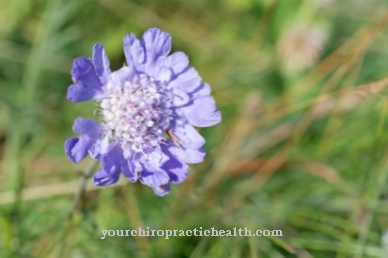
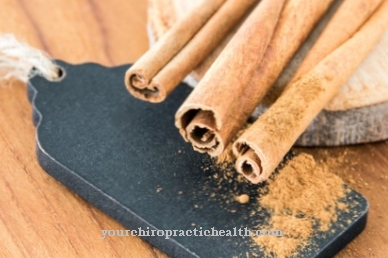
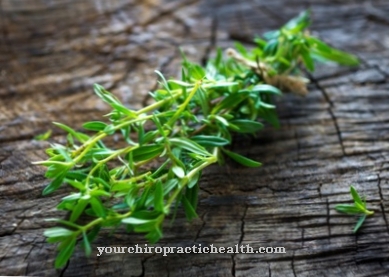
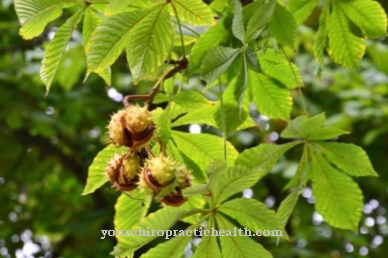
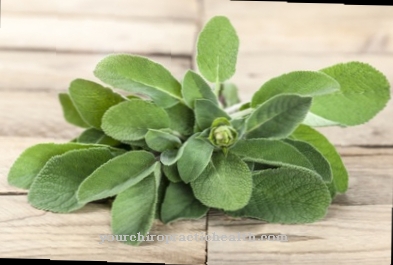

















.jpg)



